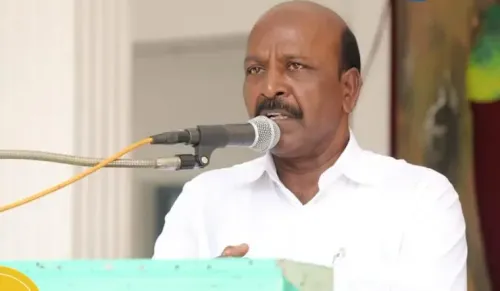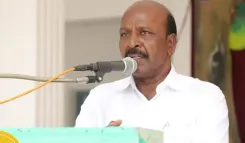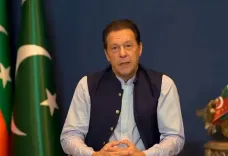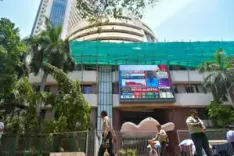Will the SC Address the Plethora of Challenges to the Waqf Act?
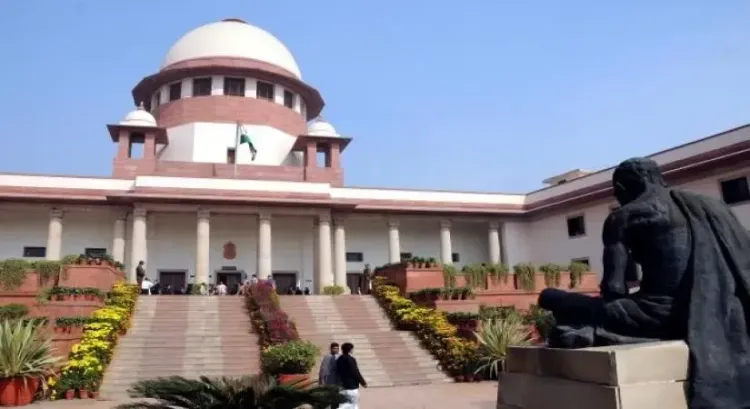
Synopsis
Key Takeaways
- The Supreme Court is reviewing multiple petitions against the Waqf (Amendment) Act, 2025.
- The Act has sparked significant national debate and legal challenges.
- The government has committed to maintaining the status quo on Waqf properties during the hearings.
- The court has not issued a stay on the Act but is closely monitoring developments.
- Legal experts are watching this case for its implications on community rights and governance.
New Delhi, May 5 (NationPress) The Supreme Court is poised to continue its hearings on Monday regarding various petitions that contest the constitutional legitimacy of the Waqf (Amendment) Act, 2025. This controversial legislation has ignited a nationwide discourse and has faced over 70 legal challenges from different regions of the country.
The case will be reviewed by a bench chaired by Chief Justice of India Sanjiv Khanna, accompanied by Justices Sanjay Kumar and K.V. Viswanathan.
During the last session, the apex court instructed the Central Government to provide a response within seven days concerning the matter of 'waqf by user', which is a significant provision under examination. Although the Court has not suspended the Act entirely, it has mandated that no new appointments be made to the Waqf Boards and that the current state of properties registered under 'waqf by user' must remain unchanged.
Throughout the hearing, the Union government reassured the Supreme Court that it would not alter provisions related to 'waqf by user' or appoint non-Muslim members to the Waqf Board.
The Solicitor General of India, Tushar Mehta, representing the government, guaranteed that no hasty actions would be undertaken during this interim phase.
He also stressed that the Act was enacted by Parliament after 'thorough discussion' and urged the bench not to impose a stay without first considering the government's comprehensive position.
The Centre has opposed the Court’s recommendation to pause the denotification of Waqf properties and the provisions permitting the inclusion of non-Muslims in the Central Waqf Council and state Waqf Boards.
The Supreme Court acknowledged the Centre’s submission and recorded that no previously notified or registered Waqf properties, including those associated with 'waqf by user', shall be modified or denotified until the subsequent hearing.
On April 28, 2025, the Supreme Court declined to entertain a new petition contesting the recent amendments to the Waqf Act, 1995.
A bench led by CJI Sanjiv Khanna informed the petitioner that it could not consider numerous petitions on the same topic and suggested that the petitioner might file an intervention application in the existing petitions challenging the Waqf (Amendment) Act, 2025 if deemed necessary.


